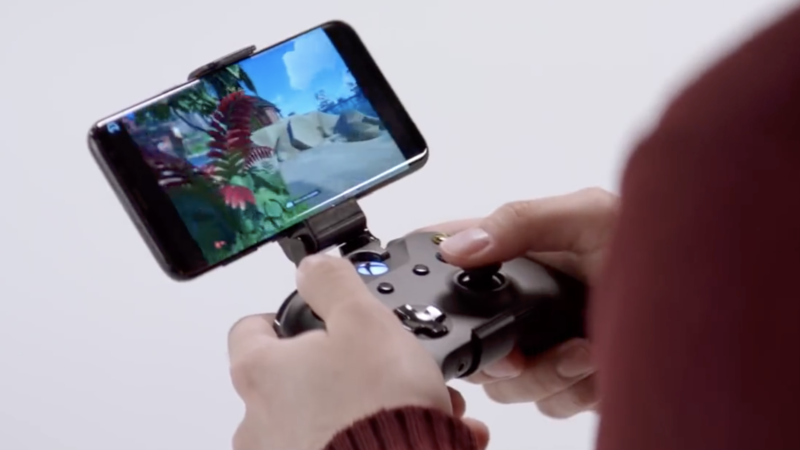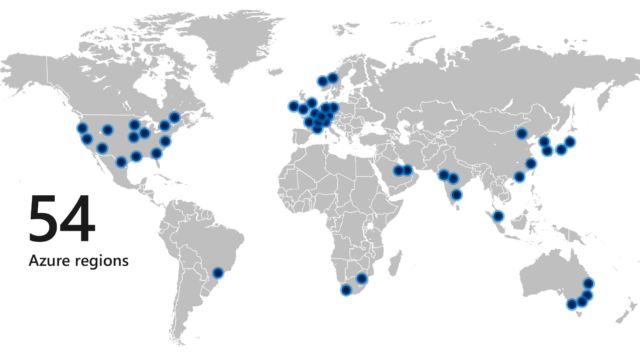
Microsoft announced its Xcloud game-streaming service last August, with the ambition of streaming console-quality games to gamers wherever they are—on their tablets, smartphones, PCs or even consoles. Yesterday, Google joined the streaming gaming fray with its announcement of Google Stadia, one-upping Redmond by offering the assembled press limited hands-on access to Stadia games.
Google promises that Stadia will be “coming 2019,” potentially stealing a march on Xcloud, which is due only to enter public trials this year. But in an internal email sent to rally the troops, Phil Spencer, Microsoft’s gaming chief, seemed unsurprised and apparently unconcerned.
Spencer wrote that Google “went big” with its Stadia announcement, but Microsoft will have its chance to do that, too: he promised that the company will “go big” with its E3 presentation and raft of announcements. He also said that Google’s launch endorsed Microsoft’s decision to launch its streaming service and said that Microsoft offered all the key elements Google identified—”Content, Community, and Cloud”—but that ultimately, “it’s all about execution.”
While the broad strokes of Google’s announcement didn’t surprise Spencer, he did note that he was impressed by certain elements: the “leveraging of YouTube, the use of Google Assistant and the new WiFi controller.” Google has been building up YouTube as a live streaming, gaming-friendly platform, though last year it decided to kill off the standalone YouTube Gaming app and roll gaming features into the regular YouTube apps and site.
Microsoft’s gaming community is built around its Mixer streaming platform and Xbox Live. Mixer retains its focus on gaming and includes unique ways for streamers to interact with their audiences: viewers can vote on in-game actions to help or hinder the streamer; pick and choose which stats, leaderboards, and overlays they can see; and even be given control of the gamepad. As of the end of last year, Xbox Live had 64 million monthly active users, all with their achievements and friends lists, and Microsoft is about to vastly expand the reach of Xbox Live with its new support for Nintendo’s Switch, iOS, and Android. Thanks to the friends lists and other features, Xbox Live arguably already represents a stronger community offering than Google has with YouTube, and if Xbox Live’s cross-platform expansion is successful, this advantage can only grow further.

Microsoft’s cloud might also have an important advantage over Google’s. Perhaps the most critical single element of these streaming services is their latency; if latency is too high and the game is too slow to respond to controller input, certain classes of games, such as first person shooters, become unusable. Technology is one element to achieving low latency, with both companies investing in development of low-latency video compression, but another element is simple distance between a player and the data center the game is being streamed from. As parts of its Azure build-out, Microsoft boasts more cloud data centers in more parts of the world than either Google or Amazon. This should mean it can offer low-latency streaming to a wider audience than Google.
https://arstechnica.com/?p=1477125

